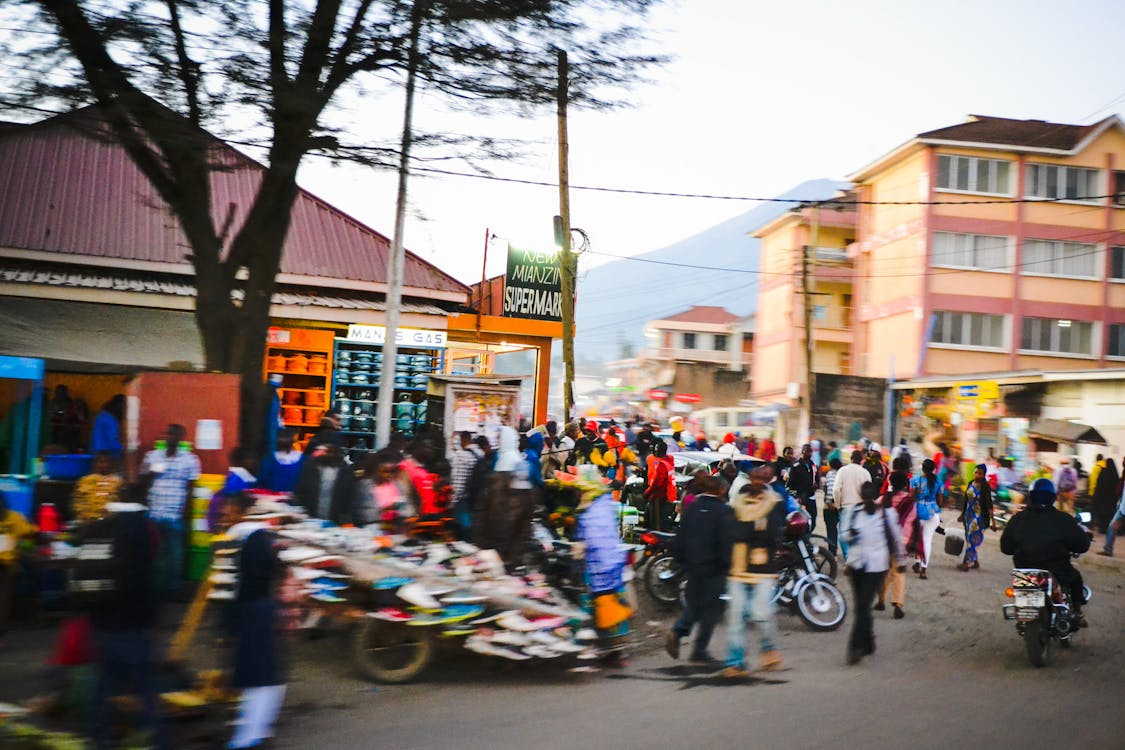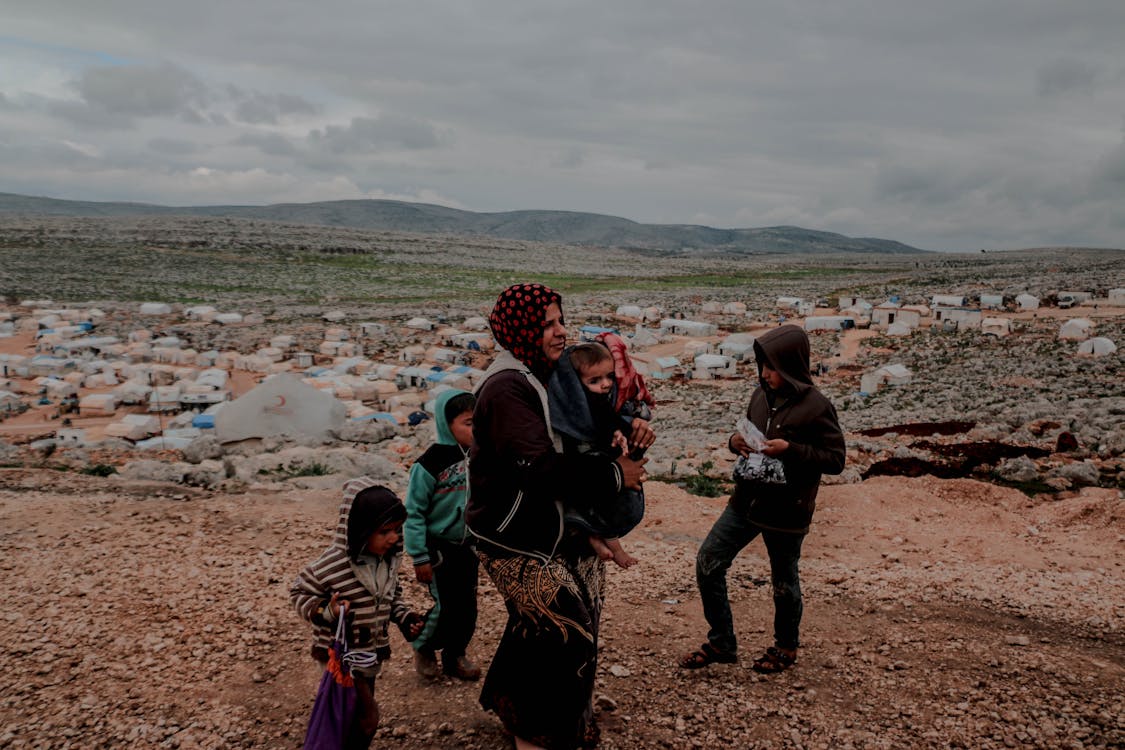 On February 29th, 2024, the Board of Directors of the African Development Bank Group has endorsed a 150 million dollars Trade Finance Unfunded Risk Participation Agreement facility between the African Development Bank and Trade & Development Bank (TDB).
On February 29th, 2024, the Board of Directors of the African Development Bank Group has endorsed a 150 million dollars Trade Finance Unfunded Risk Participation Agreement facility between the African Development Bank and Trade & Development Bank (TDB).
This agreement aims to enhance intra-Africa trade, foster regional integration, and help narrow the trade finance gap in Africa, aligning with the objectives of the African Continental Free Trade Area (AfCFTA).
The African Development Bank will extend guarantee coverage ranging from 50% to 75% for transactions in low-income countries and transition states, on a risk-sharing basis with TDB, to several eligible local and regional banks operating within the Common Market for Eastern and Southern Africa (COMESA) region, particularly those engaged in trade finance activities. This initiative is anticipated to facilitate approximately 1.8 billion dollars worth of trade over the ensuing three years.
Background Situation: the AfCFTA
The AfCFTA constitutes a free trade area encompassing the 55 countries of the African Union (AU) and eight Regional Economic Communities (RECs). It aims to establish a unified continental market with a population of roughly 1.3 billion individuals and a collective GDP of around 3.4 trillion dollars.
With local businesses currently encountering tariffs averaging 6.1 percent when exporting within Africa compared to exports outside the continent, the AfCFTA aims to gradually phase out these fees, streamlining trade for African enterprises within the continent and enabling them to capitalize on the local market.
The AfCFTA came into effect on May 30th, 2019, following the deposition of Instruments of Ratification by 24 Member States, culminating years of continuous continental engagements since 2012. Its launch took place during the 12th Extraordinary Session of the AU Assembly of Heads of State and Government in Niamey, Niger, in July 2019. Trading under the AfCFTA commenced on January 1st, 2021, with the AfCFTA Secretariat headquartered in Accra, Ghana. Wamkele Mene serves as the first elected Secretary-General, overseeing the Agreement's implementation.
More on the Unfunded RPAs from the AfDB
The Unfunded RPA represents one of the trade finance tools provided by the AfDB to assist local banks in Africa. It aims to provide partial risk coverage for trade finance operations in Africa undertaken by regional and international commercial banks, as well as eligible regional DFIs.
Typically, the African Development Bank assumes a 50% share of the risk. The Bank selects its commercial partners based on criteria such as the extent of their African portfolio, the breadth of their market coverage on the continent, their support for intra-African trade, and the robustness of their credit approval processes.
This initiative furnishes partnering banks with coverage for a diverse array of trade finance instruments, providing both capital relief and the assurance to explore new markets, while simultaneously enhancing their capacity through expanded limits and extended tenors. Furthermore, it assists issuing banks in establishing relationships with new correspondent banks, thereby bolstering their risk profile. Regional financial institutions also receive backing to become acceptable confirming banks, while simultaneously providing a stimulus for SME sector financing.
Eligibility criteria for RPAs
The bank issuing the request for an RPA has to successfully complete the AfDB's trade finance due diligence. Moreover, it has to have a notable presence or potential to scale in trade finance across Africa, strategic commitment to expanding trade finance operations in low-income countries, and a satisfactory credit rating from the AfDB.
Similarly, issuing banks under the RPA must be registered in a Regional Member Country of the AfDB, pass due diligence procedures of the RPA bank with approval from the AfDB, maintain good standing with both the AfDB and confirming bank throughout the RPA's duration, and demonstrate a strong focus on small and medium-sized enterprises (SMEs).








